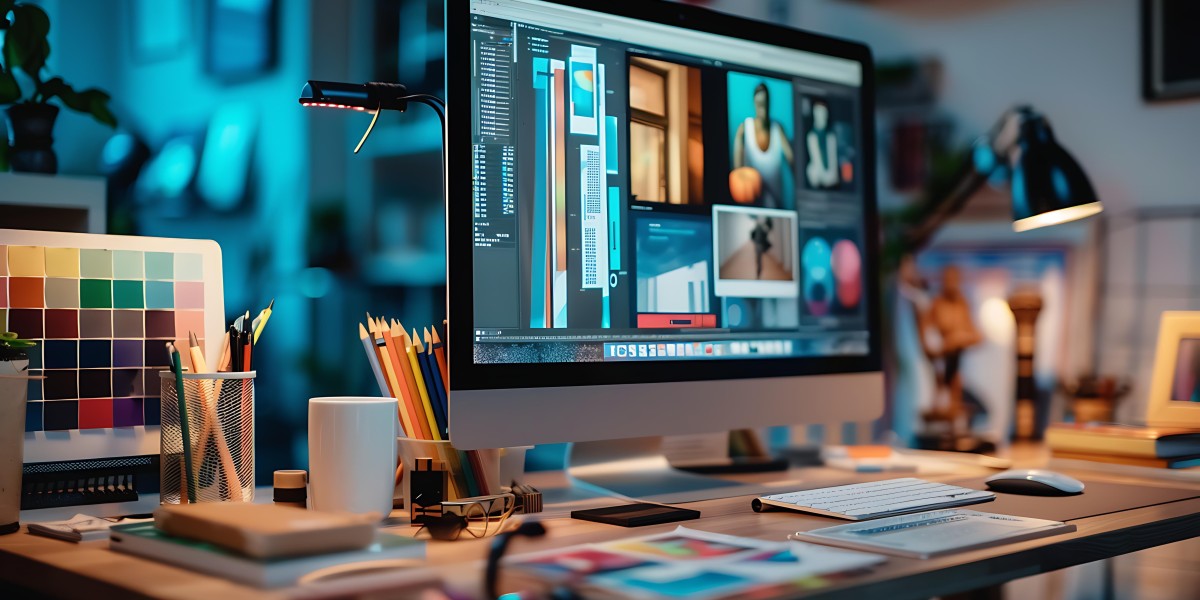Illuminate Your Space: Discover the Secrets of Stunning Lighting Fixtures!
Lighting is an essential element of interior design that can dramatically enhance the ambiance of any space. It plays a pivotal role in creating mood, highlighting architectural features, and providing functionality. The right lighting can transform a dull room into a vibrant and inviting environment. With a plethora of lighting fixtures available—from elegant chandeliers to sleek floor lamps—each type serves a unique purpose that can cater to both aesthetic and practical needs. Understanding the different types of lighting fixtures and their impacts on a space is crucial for anyone looking to elevate their home or office design.

Types of Lighting Fixtures
There are several types of lighting fixtures, each designed for specific functions and spaces. Ceiling lights, such as flush mounts and pendant lights, are often the primary source of illumination in a room. They provide general lighting and can set the tone of the space. Wall sconces, which are mounted on walls, serve as both decorative elements and task lighting, perfect for hallways or beside mirrors. Floor lamps offer versatility and can be moved around to provide light where it’s needed most, whether for reading in a cozy corner or brightening up a dark area. Table lamps, often found on desks or nightstands, provide focused lighting and add a personal touch to the décor. Each type of fixture not only serves a functional purpose but also contributes to the overall aesthetic of a room, allowing for creativity in design.
Styles of Lighting Fixtures
The style of lighting fixtures can greatly influence the atmosphere of a room. Modern fixtures, characterized by sleek lines and minimalistic designs, can lend an elegant and contemporary feel to any space. Vintage lighting, with its ornate details and warm finishes, evokes nostalgia and charm, making it perfect for traditional or eclectic interiors. Industrial-style fixtures, often made from metal and featuring exposed bulbs, add a rugged and edgy vibe, ideal for lofts or modern urban spaces. Meanwhile, minimalist designs focus on simplicity and functionality, appealing to those who prefer clean aesthetics without distractions. Each style can complement various interior design themes and express personal preferences, allowing homeowners to showcase their unique tastes.
Applications of Lighting Fixtures
Choosing the right lighting fixtures for different spaces is crucial for creating a cohesive and functional environment. In living rooms, a combination of ambient lighting from ceiling fixtures, task lighting from floor and table lamps, and accent lighting to highlight art can create a dynamic and inviting atmosphere. Kitchens benefit from bright, focused lighting for food preparation, often supplemented by under-cabinet lights for added visibility. In bedrooms, softer lighting is key; bedside lamps and dimmable overhead fixtures can create a relaxing retreat. Outdoor areas also require thoughtful lighting; path lights and string lights can enhance safety and ambiance for evening gatherings. By selecting fixtures that cater to the specific needs of each room, homeowners can ensure that their spaces are both beautiful and practical.
Benefits of Using Quality Lighting Fixtures
Investing in quality lighting fixtures offers numerous benefits that extend beyond mere aesthetics. One significant advantage is energy efficiency. High-quality fixtures often use LED technology, which can significantly reduce energy consumption and lower electricity bills over time. Additionally, well-made lighting fixtures tend to have a longer lifespan, saving homeowners the hassle and cost of frequent replacements. Proper lighting can also enhance mood and productivity; studies have shown that well-lit environments can improve focus and reduce eye strain. Moreover, thoughtful lighting design contributes to overall health and well-being by creating spaces that are comfortable and inviting. From brightening up workspaces to setting a calming tone in relaxation areas, quality lighting fixtures are an investment in both functionality and lifestyle.
Enhancing Spaces with Intentional Lighting Choices
In summary, understanding the different types and styles of lighting fixtures, along with their applications and benefits, is essential for anyone looking to enhance their living or working space. The right lighting can create the perfect ambiance, improve functionality, and elevate the overall design of a room. By exploring various options and considering personal style and needs, readers can make informed decisions that will illuminate their spaces beautifully. Embrace the world of lighting fixtures and discover how they can transform your environment into a more vibrant and inviting place.








